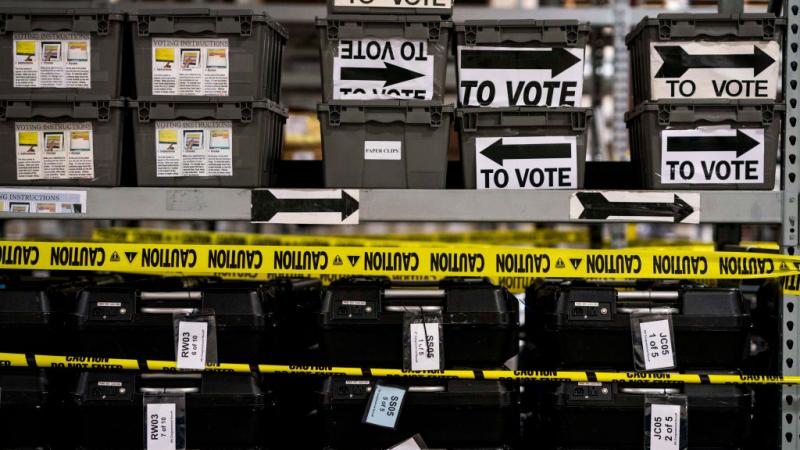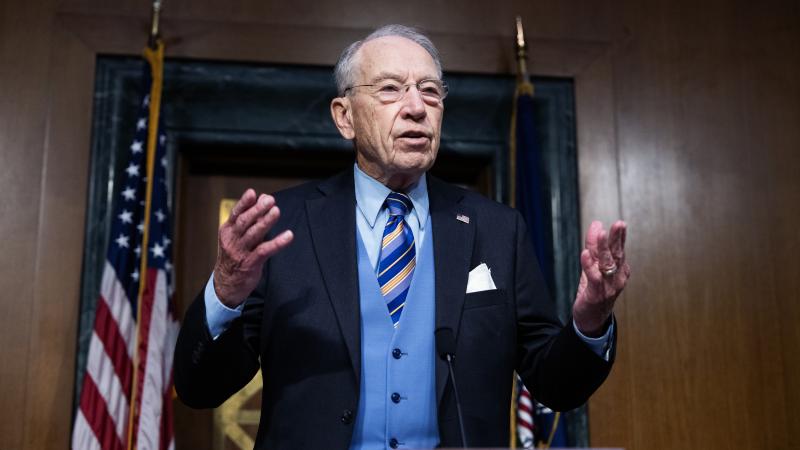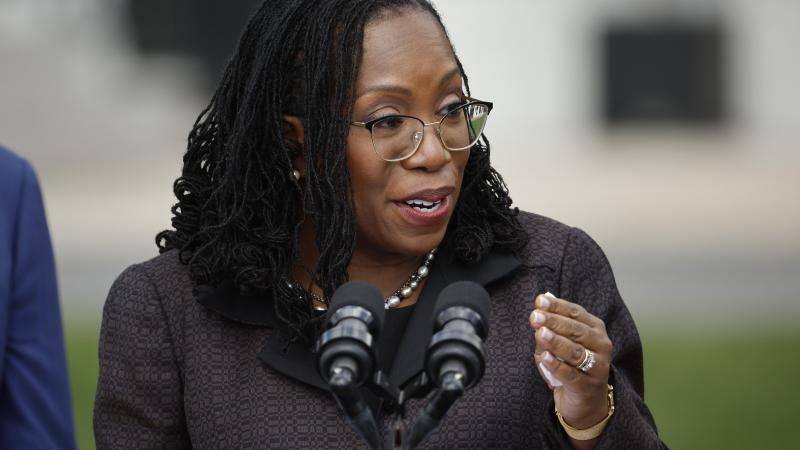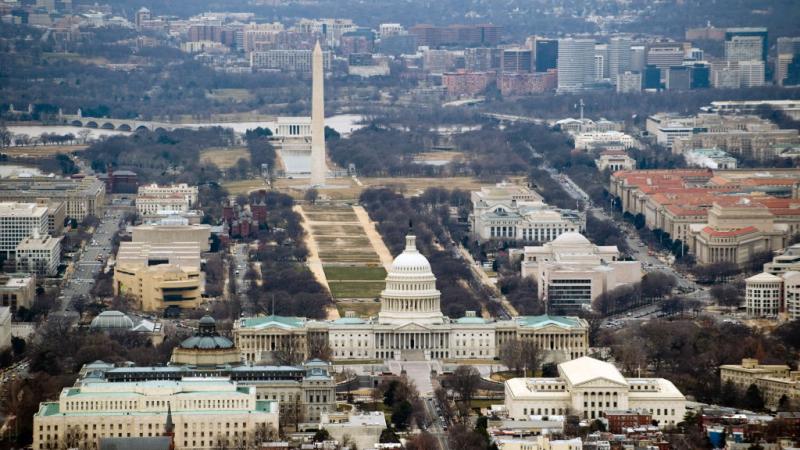California adopts country's first 'endemic' COVID-19 plan
Gov. Gavin Newsom is shifting focus to preparedness for future surges.
California has become the first state in the U.S. to formally shift into an "endemic" approach to the coronavirus.
Democratic Gov. Gavin Newsom on Thursday announced the plan, which shifts the state's focus from mask mandates and business shutdowns to prevention techniques and quickly addressing outbreaks.
"We are moving past the crisis phase into a phase where we will work to live with this virus," Newsom said from a warehouse full of pandemic supplies outside of Los Angeles.
Newsom has struggled with pandemic governance, surviving a recall election last year that was driven largely by what voters say as hyper-restrictive COVID-19 measures and limited compliance from the governor himself.
The endemic stage of an illness occurs when the disease still exists but falls to manageable levels as herd immunity, a result of vaccinations and having already contracted the virus, builds.
Beyond concrete policy measures, like lifting the state's indoor mask mandate – which happened on Wednesday – or, an anticipated February 28 announcement of when school children will be allowed to stop wearing masks, the governor did not lay out a specific policy plan for switching from "pandemic" operations to "endemic" operations.
In fact, he said, "This pandemic won’t have a defined end. There’s no finish line."
The governor has, however, set a number of preparedness goals should another outbreak occur. Newsom hopes to stockpile 75 million masks and continue an aggressive vaccination push in his state. SMARTER – the Newsom administration's shorthand acronym for its new approach – stands for Shots, Masks, Awareness, Readiness, Testing, Education and Rx.
















